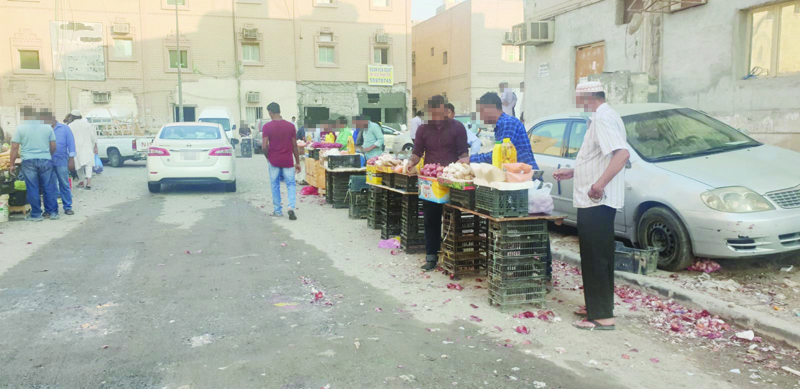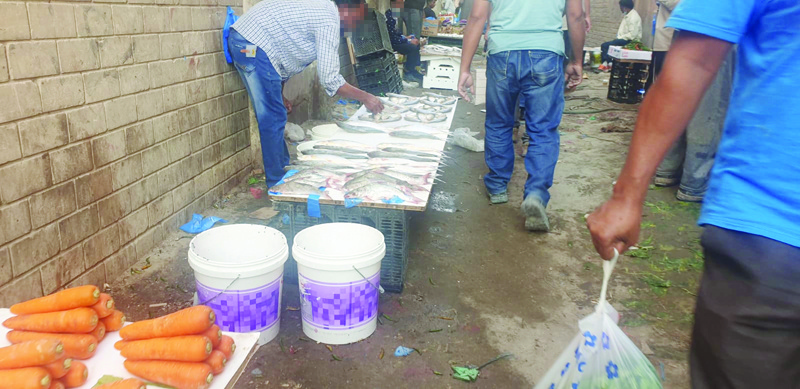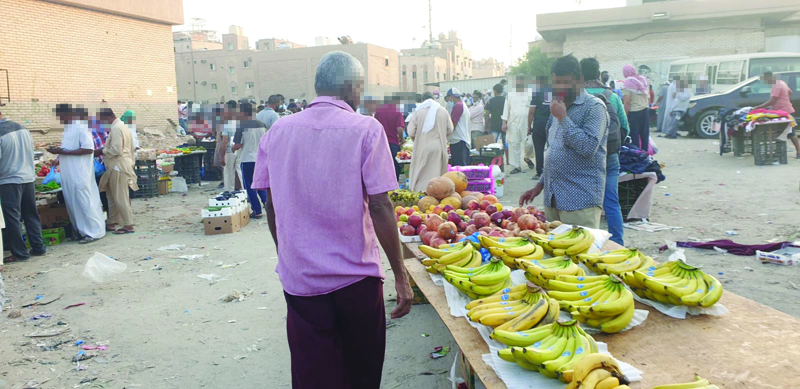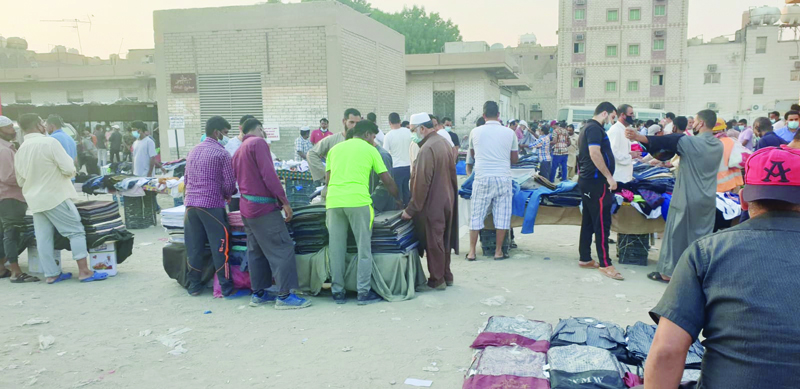
By Ben Garcia
KUWAIT: Kuwaiti authorities are cracking down on the illegal export of subsidized foodstuff to countries in the region. The subsidized foodstuff, known locally as 'tamween' goods, include rice, milk powder, oil and other necessities. These are prized commodities on the black market in Kuwait as well.
Subsidized rice, milk, sugar, lentils and cooking oil can be found in large quantities at illicit makeshift markets in Kuwait's impoverished areas. In places like Jleeb Al-Shuyoukh, especially on weekends, one can find the subsidized items on sale. On a recent visit to one such makeshift market, Kuwait Times did not find subsidized milk powder, but on asking the vendors, they said: "Yes we have it, but because of the police, there's no display here." A Bangladeshi then led this reporter to a car parked nearby.
"In the past days, there were many policemen here searching for tamween goods, and they took all the stocks of sellers here," said a vegetable vendor, who sells at the makeshift market almost every day from 3 pm to 7 pm. "I work in a ministry near Mirqab from 7 am to 2 pm. To earn more money, I sell vegetables here in the evening," he said.

For the very lowest income earners in Kuwait, buying from makeshift markets that often sell tamween foodstuff is their only option. "My house is a few steps away, so I normally buy fruits and vegetables from here. Sometimes I buy milk powder or cooking oil too," a customer told Kuwait Times. There are at least three makeshift markets in Jleeb, whose customers are mostly people from nearby areas. A makeshift market near a mosque in Hasawi sells used clothing to kitchenware, as well as tamween products.
Rice, sugar and lentils from subsidized stores are often repacked or portioned by sellers. "We decided to repack to avoid police detection," a vendor explained. Some citizens who receive tamween foodstuff hand it to their domestic helpers as charity, while other Kuwaitis sell their shares.
According to a vendor, tamween foodstuff sold on the black market usually comes from citizens who sell the products at a cut-price rate to expatriates. "From last month, hawkers are very careful in selling tamween products; that is why you cannot see them displaying it, but you can ask and they will get it for you," he said.
A Sri Lankan woman who supplies subsidized milk powder, rice and cooking oil to some of her coworkers said she has not been getting supplies for weeks now. "I used to get the goods from a Bangladeshi in Sulaibikhat, but not anymore. Now the ministry is very strict." She added she used to buy a can of milk powder for KD 2 and sell it for KD 2.5.
In October, the ministry of commerce and industry closed some companies specialized in shipping food supplies after they were found to be exporting tamween foodstuff, which is against the law. Arrests of tamween food sellers also take place regularly, including raids on makeshift markets by police patrols.












